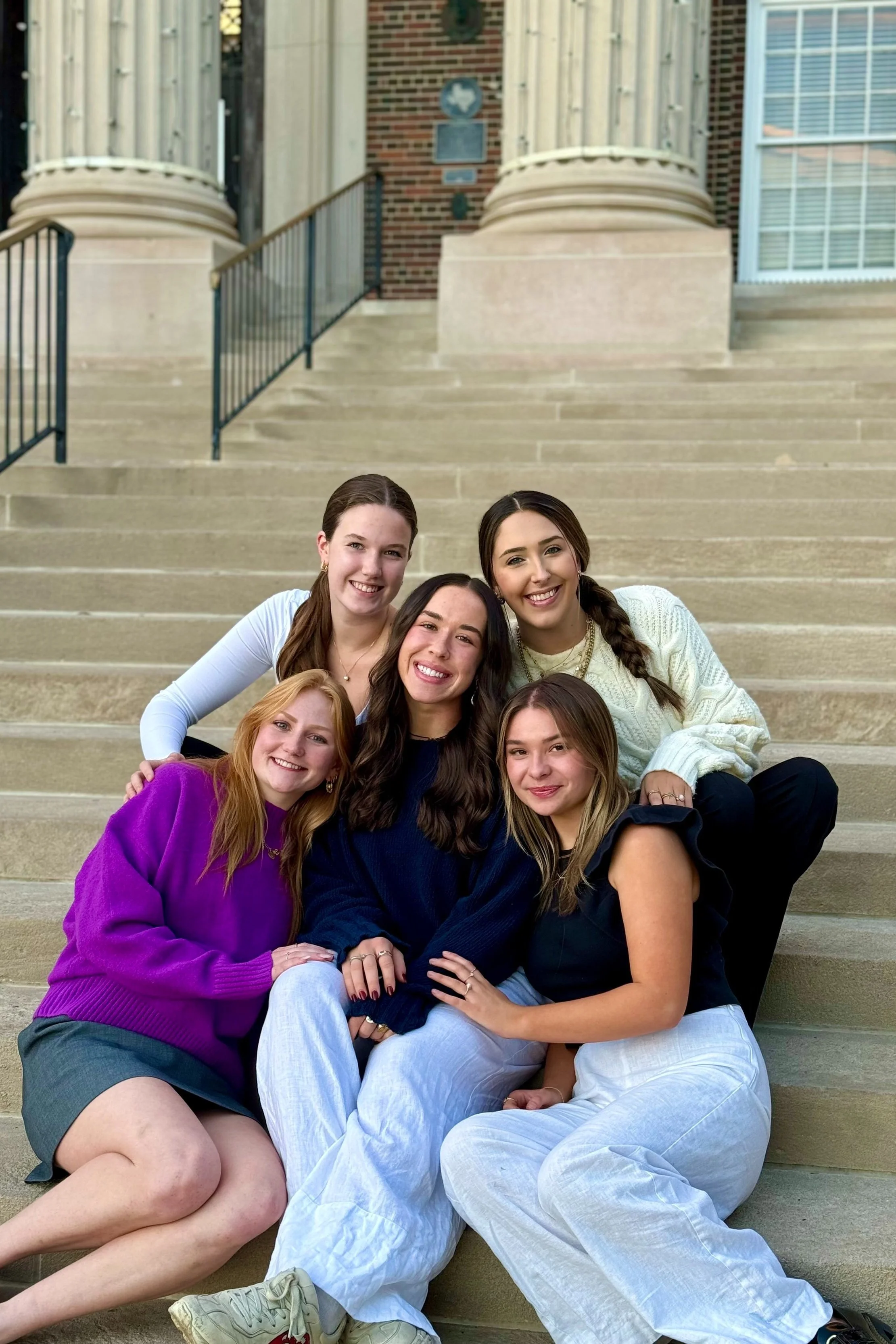Sasha K. & It’s On Us
Before reading, Sasha’s letter discusses an experience of sexual assault. If you think that reading about this will be triggering for you, we encourage you to take a pause before reading this letter, center yourself, and prepare any resources you may need to access after reading it. If you'd rather not read this letter, we encourage you to read a letter on a different topic, such as this one.
If you’re reading this, it’s not your fault.
Five years ago, I was hanging out with someone I thought was just a friend. One second we’re laughing about old memories, the next my entire life changed.
That day, I lost something: my voice, my dignity, my body, my ability to say no.
Growing up, I thought of rape as something violent, like the scenes you see in movies or cases that make headlines. But more often, sexual assault comes from someone you know. And that can make it even harder to process.
I kept telling myself that he was my friend, that he didn’t mean to hurt me. I should have spoken up more. But when I closed my eyes, I could still hear myself screaming no, trying to push him away. I did speak up. I did fight back. And it still happened. But I can still reclaim my voice and my body.
After the assault, I hid. Mentally, I hadn’t fully processed what happened, but my body was in defense mode. I gained 80 pounds, let my health deteriorate, binged every night, and stood on the edge of the parking garage countless times, wondering if what I was feeling would ever go away. I thought if I stopped taking care of myself and let myself go, I could hide from it all.
One night I was walking to the parking garage, and I was cat called by a car driving through campus. At this moment, I realized I couldn’t hide. I didn’t want to be the person I’d become. I stopped binging and started lifting weights. I wanted to feel strong and take my body back. For anyone who’s gone through something similar, sometimes facing your perpetrator or seeing them face consequences can be powerful, but often, it’s more important to reclaim your life for yourself. Find something that helps you feel in control again, find your “no” again. This might come through movement, through friends and family, therapy, journaling, meditation, art.
As the former President of It’s On Us, hearing others' stories, and experiencing this in myself has taught me a few things:
You weren’t asking for it. It doesn’t matter what you were wearing or doing. Your body is your own, and you always have a say.
Even if you feel like you’ve processed it, that doesn’t mean you’ve forgotten it. After I finally faced what happened to me, I thought I’d never feel those emotions again. I’d get frustrated when the memories resurfaced. It’s okay to still feel sadness, anger, or shame over what happened. It’s not a linear process, give yourself grace and recognize how far you’ve come.
Healing may need to happen both mentally and physically. Mentally, talking to friends, family, a therapist, journaling, or crying it out can help. But this was also an attack on your physical body. Acknowledge the physical feeling, where it’s manifesting itself, and focus on moving that out of your body. This could look like practicing yoga, breathing techniques, tapping, or even something as simple as going on a walk.
The shame around sexual assault can be overwhelming. There’s already a stigma around sex, so it can feel embarrassing to speak out. But your feelings are valid, and your experience matters.
Men are often overlooked in these conversations. Sometimes the stigma around men can cause shame, they feel like they should have been strong enough to stop it. So check in on the men in your life—they may have gone through this, too.
If you’re a survivor of sexual assault, know that I see you. I feel your pain and your shame. You’re never alone. You’re strong enough to take back what was taken from you. Your life, your body, and your voice belong to you.
Sasha K., Southern Methodist University
It’s on us
It’s On Us is a national organization that encourages prevention, accountability, and support for sexual assault survivors on college campuses. It’s On Us believes “that all students – no matter their identity, level of familiarity, or experience with the topic of sexual assault – are the greatest agents of change within their college communities. When given the right tools, students can shift their campus culture to one that centers prevention, accountability, and support for survivors.”
Connect With Us
To follow IfYoureReadingThis at SMU on Instagram, get in touch with our chapter, and learn about more resources available to SMU students, visit our chapter’s homepage.
author Contact
This author has opted to allow readers who resonate with their story to contact them. If you would like to speak to the author of this letter about their experience, please use the form below.

